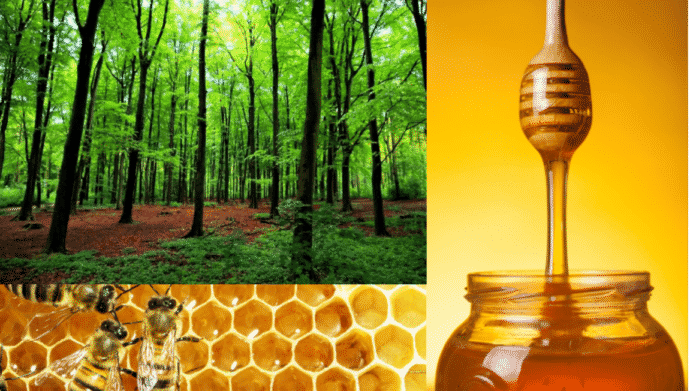Honey has a good reputation in Pakistan and has many possibilities for making people’s lives sweeter. Pakistan, which has a diverse range of bee species and flower plants, can expand its beekeeping business.
According to a report produced by the China-Pakistan Agricultural and Industrial Information Cooperation Platform (CAPIC), Pakistani honey output can increase tenfold.
Pakistani honey is considered to be one of the most valuable forms of honey in the world. According to surveys, the majority of Pakistan’s natural raw honey meets all of the requirements of international standards.
According to reports, pesticide-damaged nectareous plants, a lack of new technologies, and certification are giving apiculture an unpleasant flavor.
However, due to low yield and low prices, the full potential of this lucrative business has yet to be realized. In Pakistan, each beekeeper brought an average of 11.7kg of honey in 2019, compared to a global average of 20.6kg.
According to the CPAIC research, since 2013, several Chinese local governments have selected apiculture as a means of poverty reduction and rural revitalization. China is prepared to offer its large-scale apiculture, nectareous plant growing, bee breeding, and other expertise and skills with Pakistan.
China’s experience in this area is worth considering. For many years, China has been the world’s top honey producer. The beekeeping business is becoming more organized and scaled up due to government regulations promoting beekeepers’ professional cooperatives and the gradual adoption of scientific beekeeping.
The management of beekeepers is also a crucial step in increasing honey production. Beekeepers who join cooperatives in China earn 20% more than those who do not. Companies and individual beekeepers in Pakistan and elsewhere should be given direction to make honey products match international standards and customer expectations.


